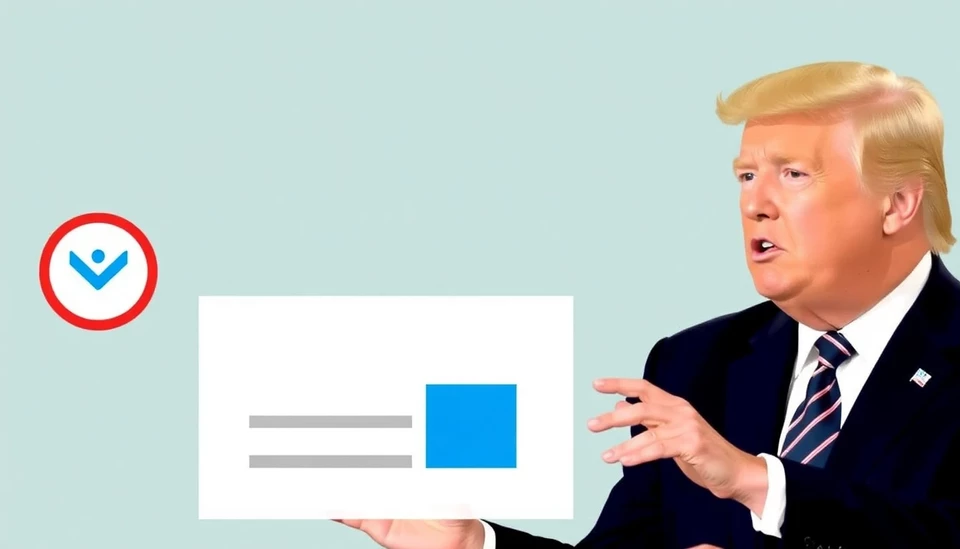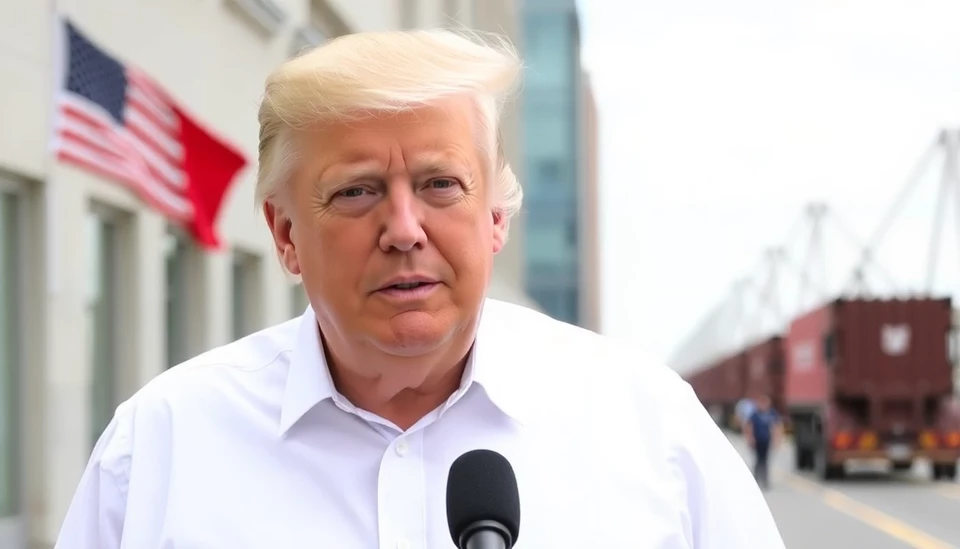
In a significant policy shift, the Trump administration is preparing to implement new restrictions on the enrollment period for the Affordable Care Act (ACA), commonly known as Obamacare. This measure aims to limit the time frame during which individuals can sign up for health insurance through the government marketplace. Advocates for affordable healthcare have expressed serious concerns about the potential impacts on millions who depend on these services.
The proposed changes, which were leaked to various media outlets ahead of their official announcement, indicate that the administration is considering a shorter, more constrained annual enrollment period. Currently, potential enrollees have a set window each year to obtain health coverage. By limiting this period, officials argue that it will help reduce the complexity of the program and minimize costs associated with managing enrollments. However, critics warn that this could lead to significant gaps in coverage for individuals who miss the deadline.
The current enrollment period typically opens in the fall, allowing those without health insurance to sign up for coverage or switch plans for the following year. It has been a crucial aspect of the ACA, enabling folks to access necessary medical services without facing exorbitant costs. Under the proposed regulations, this window may be shortened, making it even more challenging for Americans to secure much-needed health insurance, particularly in an era where healthcare remains a pressing issue for many.
The administration's rationale includes the assertion that longer enrollment periods contribute to higher premiums, as they must accommodate broader swings in the insurance pool. However, health policy experts and consumer advocates firmly refute this claim, emphasizing that limiting access to enrollment will not necessarily lead to lower costs. Instead, they argue it will disproportionately affect low-income individuals who rely heavily on timely access to affordable health care options.
In response to the announcement, various health advocacy groups have pledged to mobilize efforts to protect the ACA and rally citizens against such restrictive measures, framing it as an affront to the progress made in expanding healthcare coverage. With the rising costs of medical care in the U.S., ensuring access to health insurance remains a crucial topic heading into the upcoming election cycle.
As the political landscape continues to evolve, the implications of these proposed changes will likely become a key focal point for discussions surrounding healthcare reform. Activists have begun organizing campaigns to raise awareness about the potential outcomes of these restrictions and to encourage constituents to voice their opinions to local lawmakers.
This latest attempt from the Trump administration feeds into a broader narrative of ongoing debates surrounding healthcare accessibility in America, especially as enrollment for 2025 nears. It raises the question of how the policies implemented today will shape the future landscape of American health care and the lives of millions of citizens who depend on it.
As stakeholders watch closely, the fallout from this policy change could provide a clear litmus test for public sentiment regarding healthcare reform and the ongoing state of Obamacare.
#TrumpAdministration #Obamacare #HealthCareReform #AffordableCareAct #HealthInsurance #EnrollmentPeriod #PolicyChange #HealthcareAccessibility #Vote2025
Author: Samuel Brooks




